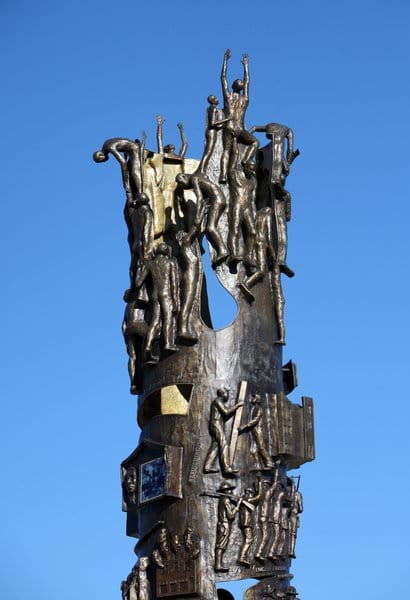 TEACHING AND LEARNING THE NARRATIVES, PLACES, AND LEGACIES OF THE 1921 TULSA RACE MASSACRE
TEACHING AND LEARNING THE NARRATIVES, PLACES, AND LEGACIES OF THE 1921 TULSA RACE MASSACRE
Discover how narratives shared through oral histories and contemporary stories shape the meanings of historical events in this interactive 4-day online workshop. Teachers will critically engage with the history, culture, and events of the 1921 Tulsa Race Massacre (formerly the Tulsa Race Riot). As we approach the centennial commemoration of this tragic event in Oklahoma’s history, classroom curricula should engage students in analyzing and considering the Massacre’s continuing impact on our communities. Bringing together experts in oral history, folklore, and teaching local history, this workshop offers teachers proven tools for student engagement to take back to their classroom, including virtual field trips, cultural mapping, and analyzing primary sources. All participants will receive digital resources and a professional development certificate for hours completed. This workshop will meet from 9 a.m. to noon each day and participants will be assigned 2 hours of asynchronous learning activities each day. 2 CEUs.
Dr. Shanedra D. Nowell, OSU Associate Professor, directed a 2019 Teachers’ Institute on the 1921 Tulsa Race Massacre and specializes in Secondary Social Studies Education.
Dr. Guha Shankar, Folklife Specialist at the American Folklife Center, Library of Congress, directs the Civil Rights History Project, a joint oral history collecting initiative of the LC and the Smithsonian National Museum of African American History and Culture, and provides training in field and archival research methods.
Sarah Milligan, Head of the Oklahoma Oral History Research Program at OSU.
Paddy Bowman, Founder, and Dr. Lisa Rathje, Executive Director of Local Learning: The National Network for Folk Arts in Education.
